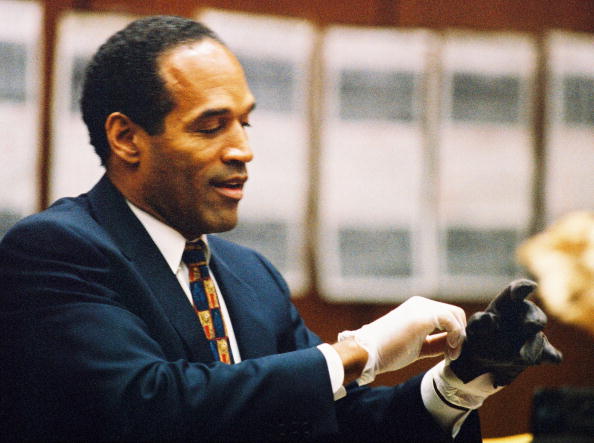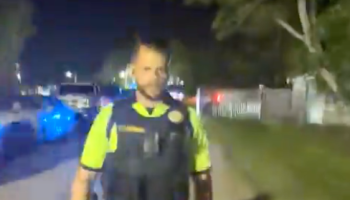The federal Department of Education plans to intensify its civil rights enforcement efforts in schools around the country, including a deeper look at issues ranging from programs for immigrant students learning English to equal access to a college preparatory courses.
Education Secretary Arne Duncan plans to outline the department’s plans in a speech delivered Monday in Alabama to commemorate the 45th anniversary of “Bloody Sunday,” in which several hundred civil rights protesters were beaten by state troopers on Selma’s Edmund Pettus Bridge during a voting rights march in 1965.
“For us, this is very much about working to meet the president’s goal, that by 2020 we will regain our status in the world as the number one producer of college graduates,” Russlynn Ali, assistant secretary for civil rights in the Education Department, told The Associated Press.
The department is expecting to conduct 38 compliance reviews around 40 different issues this year, she said.
Though the investigations have been conducted before, the department’s Office of Civil Rights is looking to do more complicated and broad reviews that will look not just at whether procedures are in place, but at the impact district practices have on students of one race or another, and if student needs are being met.
“We are about helping kids get a good education, and the education they deserve,” Ali said.
In his prepared remarks, Duncan highlights several jarring inequities: At the end of high school, white students are about six times more likely to be college-ready in biology than black students, and more than four times as likely to be prepared for college algebra.
Other statistics he will highlight in Selma:
• A quarter of all students drop out before their graduation, and half of those come from 12 percent of the nation’s high schools. Those roughly 2,000 schools produce a majority of the dropouts among black and Latino students.
• Black students without disabilities are more than three times as likely to be expelled as white students, and those with disabilities more than twice as likely to be expelled or suspended — numbers which Duncan says testify to racial gaps that are “hard to explain away by reference to the usual suspects.”
• Students from low-income families who graduate from high school scoring in the top testing quartile are no more likely to attend college than the lowest-scoring students from wealthy families.
In addition to the reviews, the department will also be sending guidance letters to all districts and post-secondary institutions receiving federal funding. Ali said the topics cover a breadth of areas, from food allergies to law enforcement procedures for victims of sexual violence and equitable education spending.
The Education Department will work with districts and states to find a voluntary resolution in the event a violation is found. In extreme cases, Ali said funds could be withheld or terminated.
“If the district has violated the civil rights laws and does not come into compliance with them, we could put conditions on existing grants,” Ali said.
Duncan will meet with students Monday at Montgomery’s Robert E. Lee High School and later walk across the Edmund Pettus Bridge in Selma with students and civil rights advocates and deliver his speech.
Democratic Rep. Alvin Holmes of Montgomery had asked Duncan to cancel his visit to the Montgomery school because in 1965, the school and its then-principal publicly opposed the Rev. Martin Luther King and the Selma-to-Montgomery voting rights march. However, officials in Duncan’s office said Duncan will meet with students as planned. They say the school is now majority black and the current principal was 2 years old at the time of the march.
Hilary Shelton, director of the NAACP’s Washington bureau, said he has seen more collaboration and communication with civil rights organizations under the Obama administration, along with a renewed focus on ensuring the civil rights tenets of No Child Left Behind are being enforced, among other measures.
“They have been very deliberate about enforcing our nation’s civil rights laws in the area of education,” he said.
Others said they are still waiting for stepped up enforcement to take place.
“We haven’t seen anything yet,” said Raul Gonzalez, director of legislative affairs of the National Council of La Raza. “But I can tell you there’s a lot of hope in the civil rights community that we are going to get some really good enforcement around a variety of issues, including education.”
RELATED STORIES
We Need More Than $900 Million To Stop High School Drop Out Crisis
Al Sharpton And Newt Gingrich Begin Education Reform Tour In Philly
















